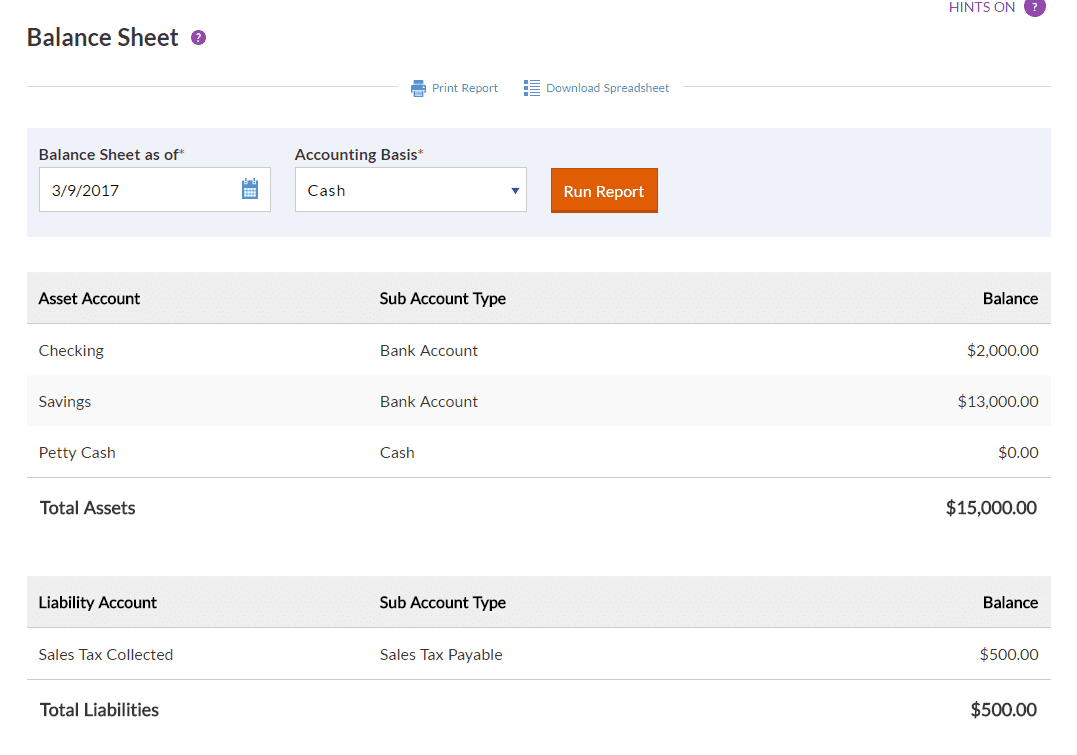Sometimes, it’s hard to tell whether your business is operating efficiently, especially when money is constantly coming in and going out. You need to know if your business is making a profit or losing money. One way to gain insight into your financial strength is by reviewing your net worth. What is business net worth?
What is net worth?
Net worth is a performance indicator that shows the value of your business’s property after liabilities are paid. Once you settle all business debts, the net worth includes what is left over. You can use net worth to determine your financial health, secure funding, or sell the business.
There are a lot of factors that go into a small business valuation. Net worth is the starting point to determine the value of your company for you, investors, and lenders. Let’s discover how to calculate business net worth.
How to calculate net worth
Determining how to calculate your business net worth is a simple process. Before you calculate small business net worth, you need figures for your business’s assets and liabilities. Information about your assets and liabilities can be found on your small business balance sheet.
Assets
Assets are your business’s items of value. The items are your business’s property and can be used to pay expenses, debts, and salaries.
Assets can be tangible or intangible. Tangible assets are physical items, like a company vehicle. Intangible assets are items of value that are not physical, such as a trademark.
To calculate net worth, add the value of your tangible assets. Also, estimate the value of your intangible assets. You can hire an appraiser to help you make accurate estimations. Then, add the tangible and intangible assets together to find your business’s total assets.
Liabilities
Liabilities are debts your business owes to companies, vendors, employees, and government agencies. Your company is responsible for paying liabilities, which incur through regular business operations.
Liabilities are split into two categories on the balance sheet: short-term and long-term. Short-term liabilities are usually paid off within one year, such as invoices. Long-term liabilities extend longer than one year, such as small business loans. To find your small business net worth, add the short-term and long-term liabilities.
Calculating net worth (net worth formula)
To determine the net worth, subtract the total liabilities from the total assets. Use the following net worth formula:
Assets – Liabilities = Net Worth
If the assets are greater than the liabilities, the net worth is a positive number (which is good). But if net worth is a negative number, the business is not doing well. With a negative net worth, you have more liabilities (or debt) than assets.
Example of net worth on balance sheet
Take a look at the following balance sheet to find the net worth. Note that balance sheets usually show equity in addition to assets and liabilities. For the purpose of this example, only the assets and liabilities are shown.

On the balance sheet, the total assets are recorded as $15,000. And, the total liabilities are recorded as $500.
To find the net worth, subtract the liabilities from the assets.
Net Worth = $15,000 (assets) – $500 (liabilities)
Net Worth = $14,500
The net worth is $14,500. This is a positive net worth and a sign of a healthy business.
Using net worth at your small business
Knowing your small business’s net worth can help you manage many aspects of your company. Here are some common reasons you should know the net worth of your company.
Get a complete view of business finances: Net worth shows financial health because it accounts for both assets and liabilities. Net profit alone will not give an accurate picture of financial health. By factoring in expenses, taxes, and debts, you can compare what you own to what you owe.
Track your progress: By making records, you can see if your net worth changes over time. If your net worth increases, it’s a sign that your business is healthy and growing. If your net worth shrinks, your business could be in trouble, and changes need to be made.
Gain perspective on your debt: Net worth shows how much debt you’ve incurred and how much money you have to cover the debts. Even if you have a lot of liabilities, your business could still be healthy if your assets are larger than the debts. On the other hand, if your assets are smaller than liabilities, you may need to improve your business debt management skills.
Secure outside funding: Since net worth is found with cumulative reporting, it gives a picture of your business’s stability. To apply for a small business loan, you need to report your net worth. Lenders want to know your financial strength. The stronger your finances, the less risky it is to lend to you.
Banks also look at net worth to determine creditworthiness when applying for a line of credit. And, investors want to analyze your finances before investing in your company.
As a small business owner, you need an easy way to track your transactions. Patriot’s online accounting software is simple and made for the non-accountant. We offer free, U.S.-based support. Try it for free today.
This blog has been updated from its original publication date (10/5/2012).
